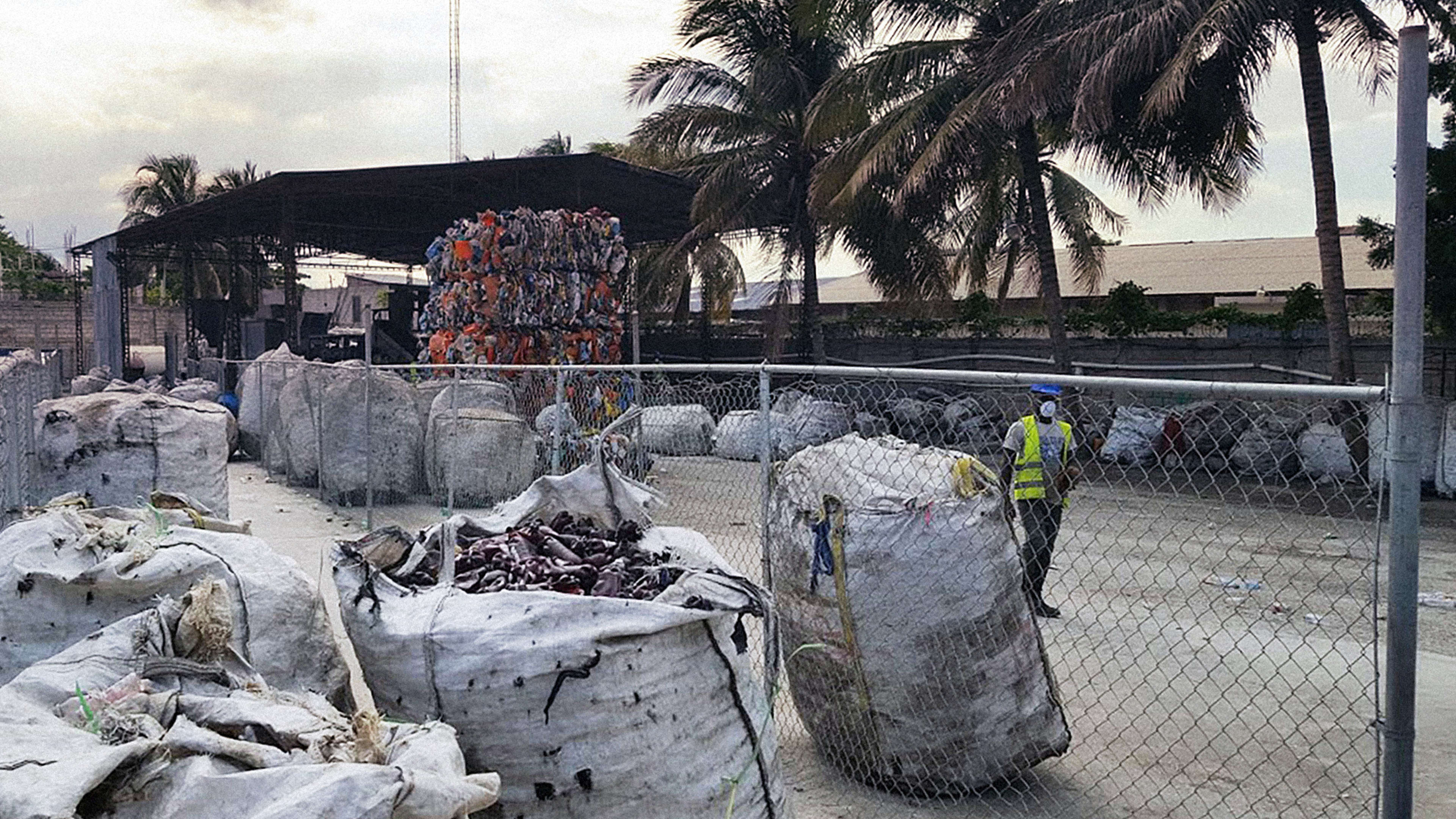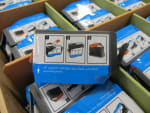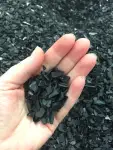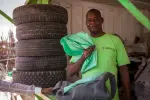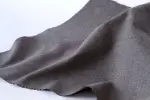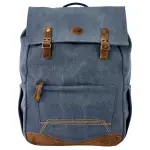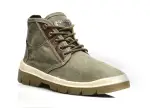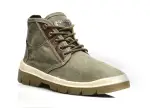Walking past some canals in Port-au-Prince, Haiti, all you can see is trash: the water is filled with plastic bottles, bags, and other litter, slowly floating toward the ocean. The city doesn’t have a municipal recycling system, and recyclables that make it into trash cans usually go to the landfill. As global oil prices have dropped–reducing demand for recycled plastic–local trash pickers have been less likely to try to collect empty bottles.
Now some companies are trying to directly help create new demand for recycling. HP, which uses recycled plastic when it makes new printer cartridges, announced today that it will start buying some of that plastic from Haiti. Timberland will use recycled polyester, made from some of the same plastic, to make shoes and bags.
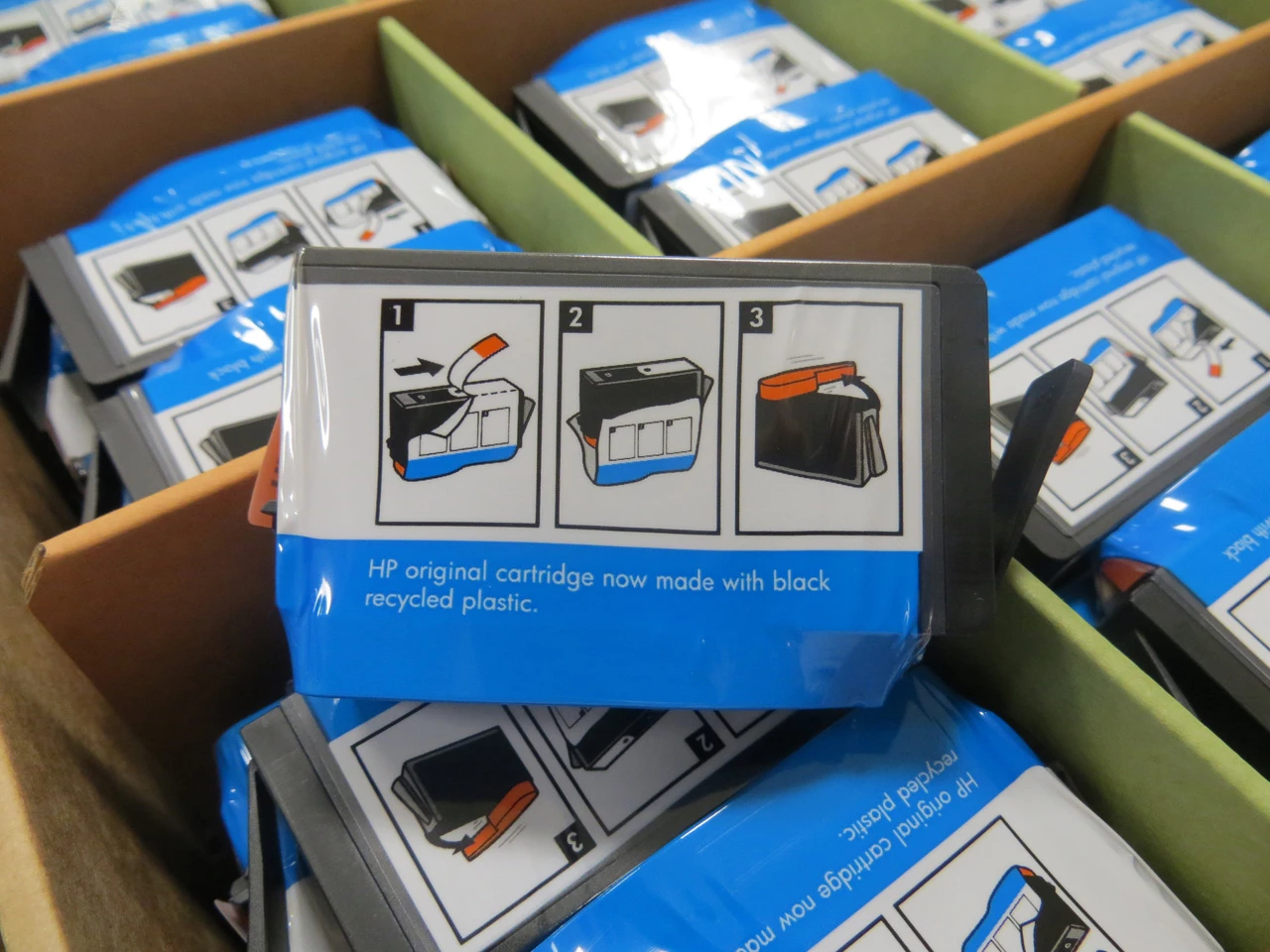
The companies have both partnered with Thread, a certified B Corp that works in Haiti and other low-income countries to transform waste into useful products, in a new Clinton Global Intiative Commitment to Action. The partnership also includes a nonprofit and a local plastic recycler association.
HP, which met leaders from Thread at a Clinton Global Initiative meeting, wanted to help support the local market. “We didn’t want to just write a check, because we know that really to make these things work you have to help these companies scale up, you have to create a market for the materials,” says Nathan Hurst, chief sustainability and social impact officer for HP. “Otherwise, you may offer some assistance initially, but it’s not a sustainable source that will help them withstand the situation.”
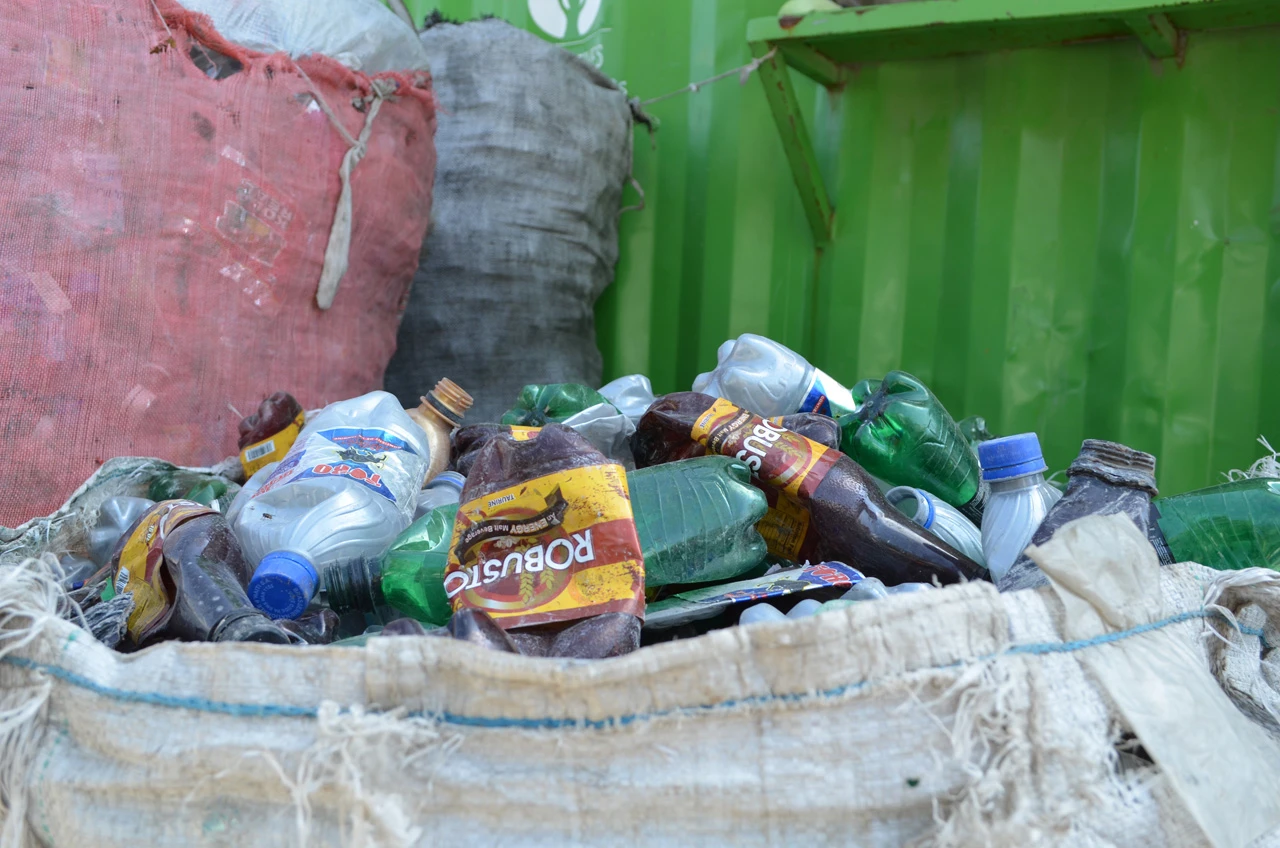
The company already recycles its ink cartridges in a closed-loop process, combining the old cartridges with more recycled plastic to make fresh cartridges. The new supply from Haiti won’t begin to cover HP’s supply chain needs–its daily plastic use requires the recycled plastic from more than 1 million plastic bottles, plus a lot more virgin materials–but on Haiti’s end, it can help push for more collection.
In 2017, Timberland will launch a special collection of products, including duffel bags and boots, made in part with Thread’s recycled plastic fabric.
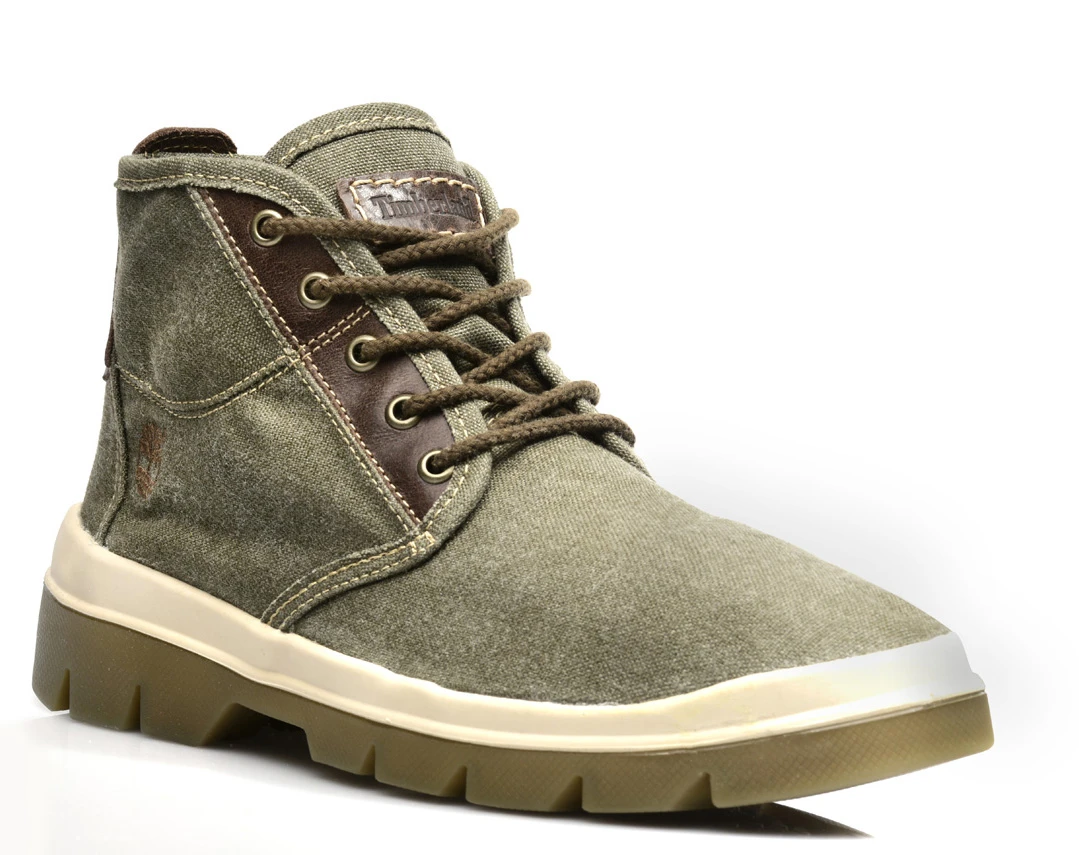
The companies are also trying to help solve some of the many problems recycling faces. At the Truitier Landfill, where the project is focused, recyclers can make around $3.57 a day, more than a dollar more than the average worker in Haiti. But sorting through the trash is dangerous–the landfill is also a dump for medical waste–and children do much of the work.
HP and Timberland will help fund health and safety training for all of the workers, job training, and scholarships for the estimated 200 kids, ages 8-12, who work at the landfill.
“One mother we met at the landfill has four children,” says Hurst. “Two of them are going to school, the other two are currently helping her in the landfill. The reason why these children can’t go to school currently is she doesn’t have the money for their uniforms . . . we’re trying to improve that situation for them.”
If the pilot works, the partners hope to do the same thing in other countries. “Anytime we enter one of these partnerships, given our size and scope and the number of customers we have to reach, we look for opportunities to scale,” he says.
Recognize your brand’s excellence by applying to this year’s Brands That Matter Awards before the early-rate deadline, May 3.
